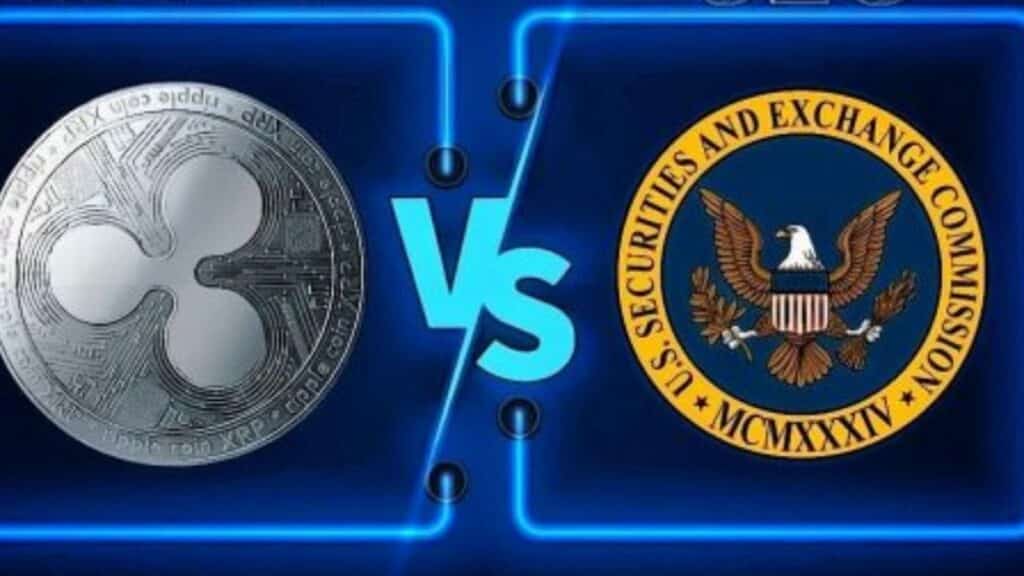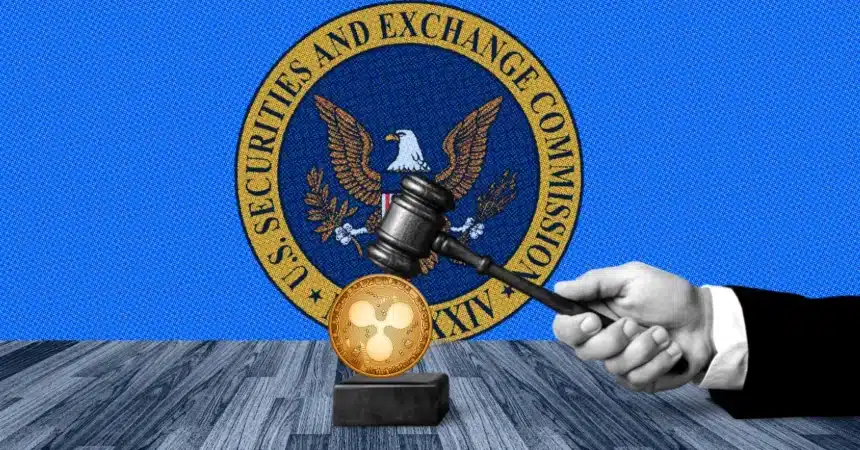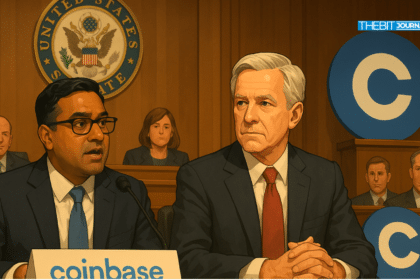The SEC vs. Ripple case, one of the most historic moments in the history of cryptocurrency, continues to reverberate through the industry. It’s been a year since the historic ruling, and while challenges remain, Ripple’s victory has set a precedent that could shape the future of the cryptocurrency industry for years to come.
The case began in December 2020 when the U.S. Securities and Exchange Commission (SEC) filed a lawsuit against Ripple Labs Inc., alleging that the company had conducted an unregistered securities offering worth $1.3 billion through its XRP token. The SEC claimed that XRP should be classified as a security, and therefore, Ripple’s sale of the token was illegal without proper registration.
The lawsuit shook the crypto world, causing XRP’s value to plummet and raising concerns about the regulatory status of other cryptocurrencies like Bitcoin (BTC), Ethereum (ETH), and Bitcoin Cash (BCH). Many in the industry feared that a ruling against Ripple could lead to stricter regulations and stifle innovation.
The Historic SEC vs. Ripple Ruling
In July 2022, after a protracted legal battle, Ripple secured a significant victory. The court ruled that XRP was not inherently a security, marking a major win for Ripple and the broader crypto community. This ruling provided much-needed clarity on the regulatory treatment of cryptocurrencies, distinguishing them from traditional securities.
Judge Sarah Netburn, who presided over the case, stated, “The court finds that XRP, as a digital currency, does not meet the definition of a security. Ripple’s sales of XRP are therefore not subject to SEC regulation as securities offerings.” This statement from Judge Netburn has been quoted extensively and hailed as a breakthrough moment for the industry.
Ripple’s Path Forward
Ripple’s victory in the SEC vs. Ripple case has allowed the company to refocus on its core mission: facilitating cross-border payments using blockchain technology. The ruling has also restored investor confidence in XRP, leading to a significant rebound in its market value.
Brad Garlinghouse, CEO of Ripple, expressed optimism about the future: “This victory is not just for Ripple but for the entire crypto industry. It’s a clear signal that outdated regulatory frameworks should not stifle innovation and growth in the blockchain space.”

SEC vs. Ripple: The Ripple Effect on the Crypto Industry
The impact of the “SEC vs. Ripple” ruling extends beyond Ripple itself. It has set a legal precedent that could influence how other cryptocurrencies are regulated. This case has underscored the need for clear regulatory guidelines that foster innovation while protecting investors.
While Ripple’s victory is significant, it doesn’t mean that the road ahead is without obstacles. The SEC has indicated that it will closely monitor and regulate the crypto industry. Gary Gensler, Chairman of the SEC, has reiterated the need for comprehensive regulations, stating, “Our mission is to protect investors and maintain fair, orderly, and efficient markets. We will continue to apply the securities laws to the extent they are applicable.”
This means navigating a complex regulatory environment for Ripple and other crypto companies. However, the ruling provides a degree of certainty that was previously lacking.
How the SEC vs. Ripple Case’s Outcome Impacts The Broader Crypto Market
The SEC vs. Ripple case has had ripple effects (pun intended) on the broader crypto market. Bitcoin, Ethereum, and other major cryptocurrencies have experienced increased volatility amid regulatory uncertainties. However, the ruling has also injected a sense of optimism, as it suggests that not all digital assets will be treated as securities.
Bitcoin Cash, for instance, has seen renewed interest as investors seek clarity on its regulatory status. The case has also prompted discussions about the need for a distinct regulatory framework for digital assets, separate from traditional securities.
The Role of Media and Public Perception
Media coverage has played a crucial role in shaping public perception of the SEC vs. Ripple case. Publications like The BIT Journal have provided in-depth analyses and updates, helping investors stay informed. The case has highlighted the importance of accurate and timely reporting in the crypto space.
A year after the historic ruling in the SEC vs. Ripple case, the crypto industry continues to evolve. Ripple’s victory has set an important precedent, providing a framework for how digital assets might be regulated in the future. While challenges remain, the ruling has fostered a sense of optimism and paved the way for continued innovation in the blockchain space.
As Ripple moves forward, its success will be closely watched by industry participants and regulators alike. The SEC vs. Ripple case reminds us that the regulatory landscape for cryptocurrencies is still being shaped, and the outcomes of such legal battles will have lasting implications.





























